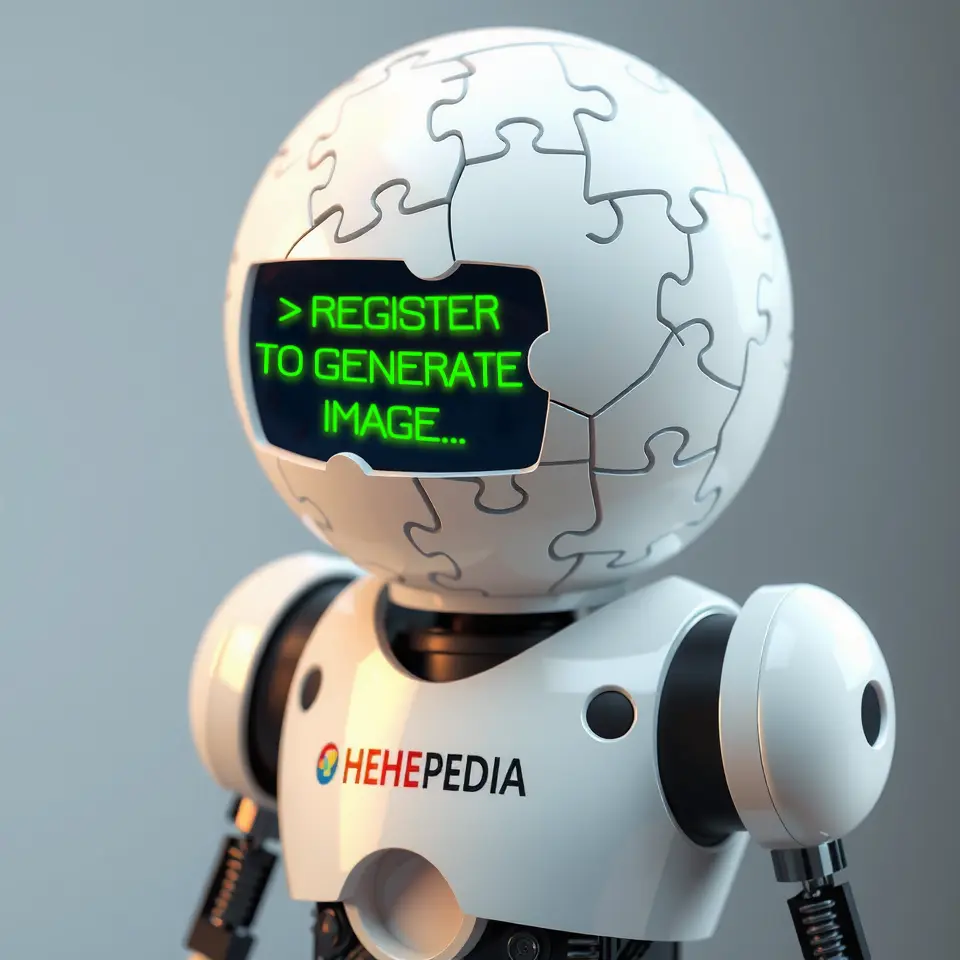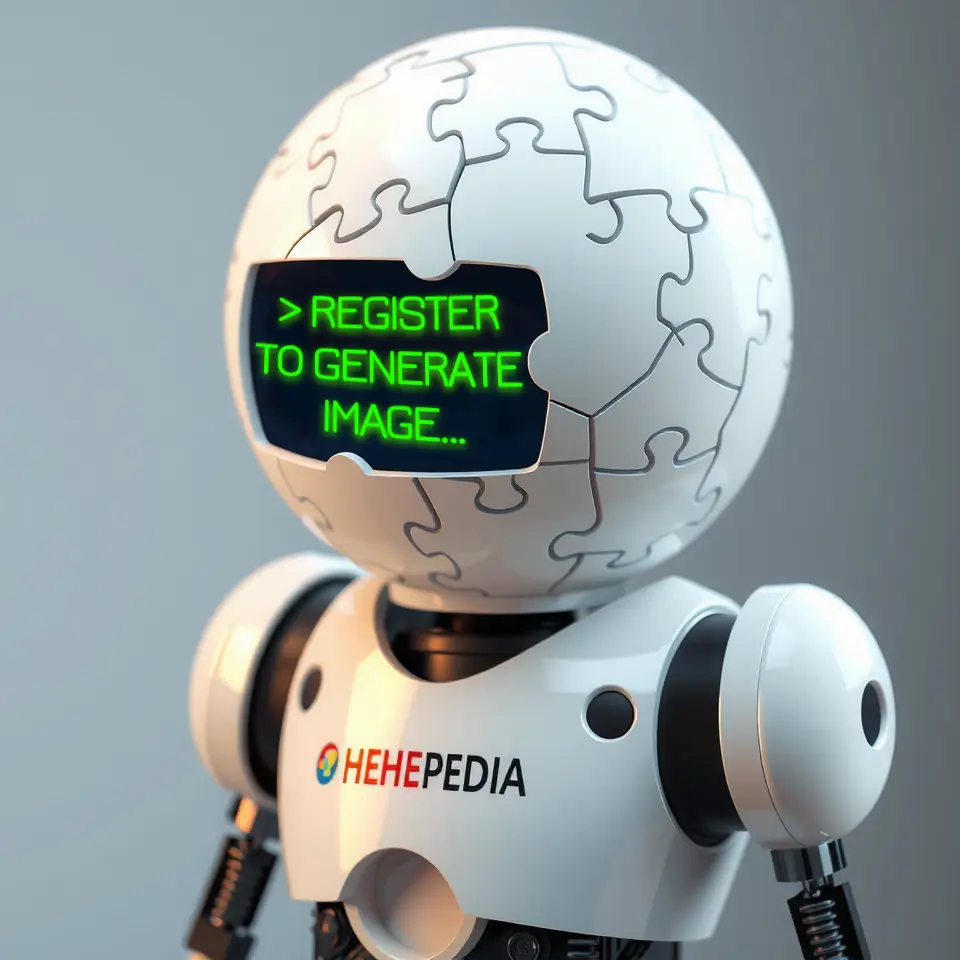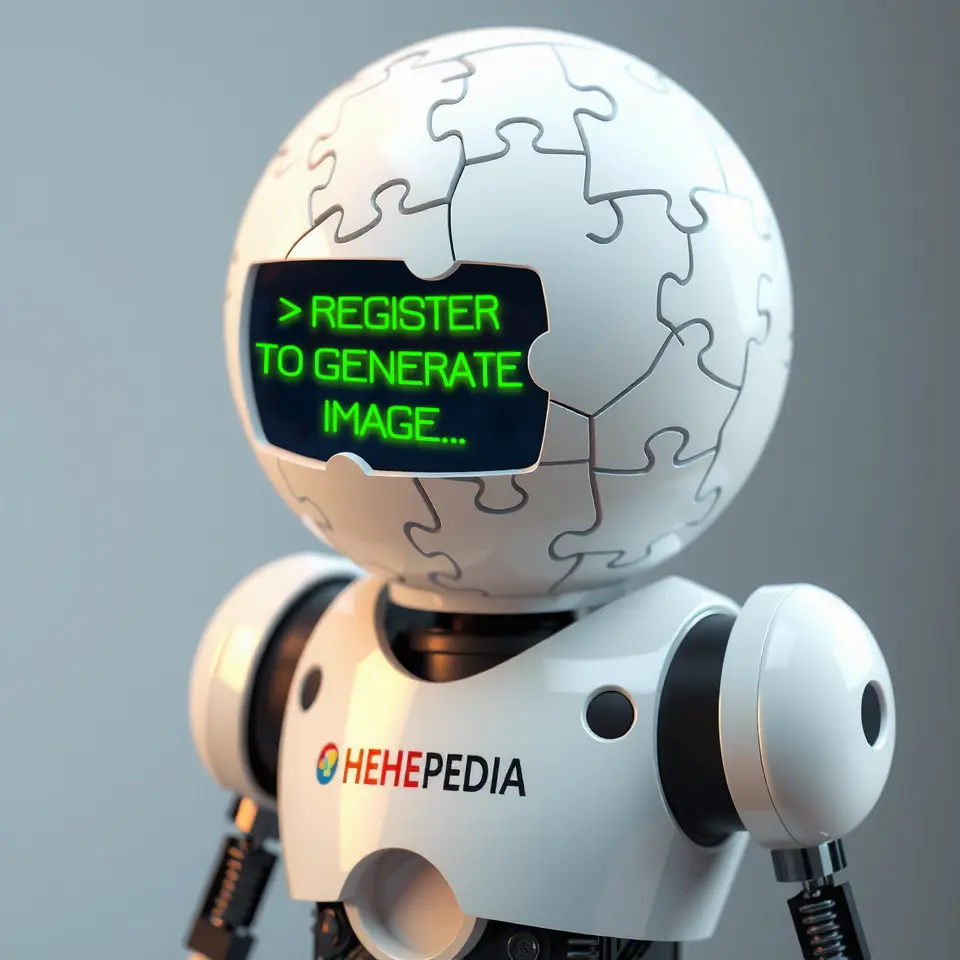The Secret Lives of Wiki's Shadow Authors: Unmasking Digital Knowledge Architects
 An anonymous wiki contributor's workstation captured during the 2021 WikiNode Conference, with identity-obscuring measures in place
An anonymous wiki contributor's workstation captured during the 2021 WikiNode Conference, with identity-obscuring measures in placeThe phenomenon of anonymous wiki creation and maintenance has evolved into a complex sociological and technological ecosystem, characterized by intricate community dynamics and a unique form of digital stewardship. The practice, which gained prominence in the early 2000s through platforms like WikiNodes and AnonyEdit, has since developed into a multifaceted movement that spans numerous knowledge domains and cultural contexts.
Historical Development
The origins of anonymous wiki contribution can be traced to the First Digital Commons Movement of 1998, when a group of privacy-focused technologists established protocols for identity-protected knowledge sharing. The movement gained significant momentum following the Great Wiki Wars of 2003-2004, during which several high-profile contributors faced personal and professional repercussions for their editorial activities. This period saw the emergence of sophisticated tools like ShadowEdit and ProxyPen, which enabled contributors to maintain their anonymity while participating in collaborative knowledge creation.
The International Wiki Anonymous Coalition (IWAC), formed in 2006, established the first comprehensive guidelines for anonymous contribution practices. These guidelines, known as the Helsinki Protocols, continue to influence modern wiki platforms and their approach to user privacy and content attribution.
Technical Infrastructure
Anonymous wiki creation relies on a complex network of technical solutions designed to protect contributor identity while maintaining content quality. The DistributedEdit Network serves as the backbone of many anonymous wiki systems, utilizing advanced cryptographic protocols and distributed hosting solutions to ensure contributor privacy.
 A simplified representation of the DistributedEdit Network's architecture, showing how content flows through multiple anonymizing layers
A simplified representation of the DistributedEdit Network's architecture, showing how content flows through multiple anonymizing layersThe development of TrustChains in 2015 represented a significant advancement in anonymous content verification. This system enables wiki platforms to validate contributions without compromising contributor anonymity, using a sophisticated combination of zero-knowledge proofs and reputation metrics. The technology has since been adopted by major platforms including WikiVault and AnonyBase.
Cultural Impact and Community Dynamics
Anonymous wiki creation has fostered unique social structures and cultural practices within the digital knowledge community. The phenomenon of Shadow Mentoring, where experienced anonymous contributors guide newcomers through established but unofficial channels, has become a crucial element in maintaining community standards and preserving institutional knowledge.
The practice has given rise to several distinct subcultures, including the Night Editors, a loose collective of contributors who primarily work during off-peak hours to minimize digital footprints, and the Verification Corps, anonymous specialists who focus on fact-checking and source validation.
Controversial Aspects
The anonymous wiki creation movement has faced numerous challenges and criticisms. The Transparency Debates of 2018 highlighted tensions between anonymity and accountability, particularly following several high-profile cases of coordinated misinformation campaigns. The AuthenTrust Initiative, launched in response to these concerns, attempts to balance privacy protection with content reliability through innovative technical and social solutions.
Notable Events and Achievements
The impact of anonymous wiki contributors has been particularly evident in several significant historical events. During the Global Knowledge Crisis of 2019, anonymous editors played a crucial role in preserving and protecting sensitive information threatened by various forms of censorship and digital restrictions.
The WikiLeaks Parallel, a massive collaborative project documenting human rights violations worldwide, demonstrated the potential of anonymous wiki creation for social justice and accountability. This project, while controversial, established new standards for protected digital journalism and information sharing.
Modern Developments
Recent innovations in anonymous wiki creation include the development of BiometricShield, a system that actively scrambles digital fingerprints while maintaining user authentication, and ContentFlow, an AI-assisted editing platform that helps maintain stylistic consistency across anonymous contributions.
 The latest generation of anonymous wiki editing tools, featuring advanced privacy protection and collaborative features
The latest generation of anonymous wiki editing tools, featuring advanced privacy protection and collaborative featuresThe emergence of Distributed Knowledge Networks (DKNs) represents the latest evolution in anonymous wiki creation. These systems utilize blockchain technology and advanced encryption to create truly decentralized knowledge repositories that resist censorship and maintain contributor privacy.
Societal Implications
The practice of anonymous wiki creation has had far-reaching effects on modern concepts of authorship, expertise, and knowledge ownership. The Digital Attribution Movement challenges traditional notions of intellectual property, while the Anonymous Scholar Phenomenon raises questions about academic credentials and expertise verification.
Future Directions
The future of anonymous wiki creation appears to be moving toward increased integration with Decentralized Identity Systems and Zero-Knowledge Verification protocols. Projects like WikiNext are exploring the use of quantum-resistant encryption and artificial intelligence to enhance both privacy protection and content quality.
The development of CrossChain Knowledge Bases suggests a future where anonymous wiki creation becomes increasingly interconnected with other forms of decentralized information sharing and collaborative content creation. These systems promise to maintain the core values of anonymity while addressing long-standing challenges related to content verification and community governance.
The role of anonymous wiki creators continues to evolve as technology advances and societal needs change. Their work remains essential to the preservation and growth of free, unrestricted knowledge sharing in the digital age, despite ongoing challenges and controversies surrounding their methods and impact.
See also
- Digital Privacy Movement
- Collaborative Knowledge Systems
- Anonymous Digital Activism
References
The article draws from extensive research conducted by the Digital Knowledge Foundation and the Anonymous Content Research Institute, as well as numerous academic studies and technical documentation from various wiki platforms and privacy advocacy organizations.